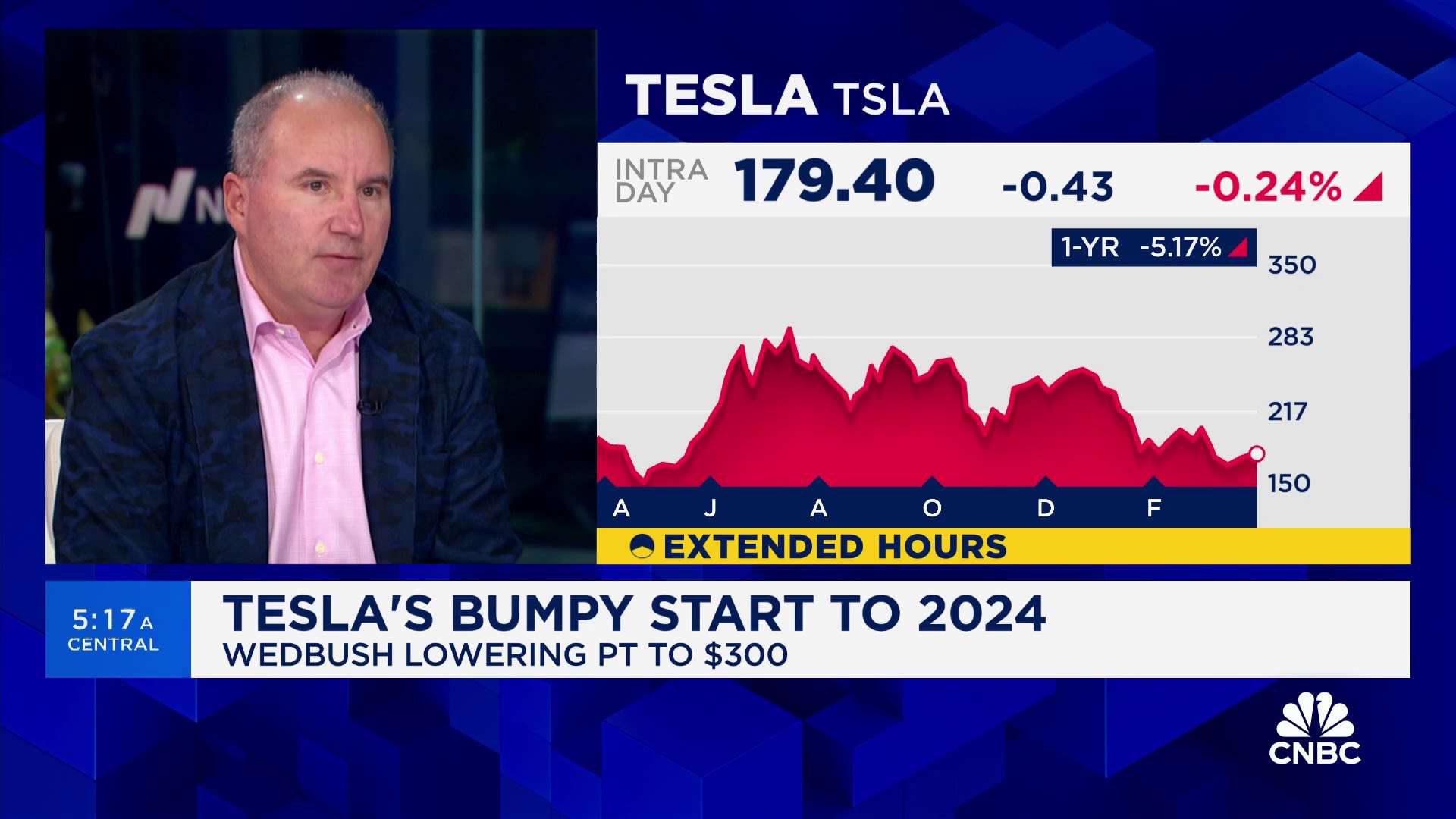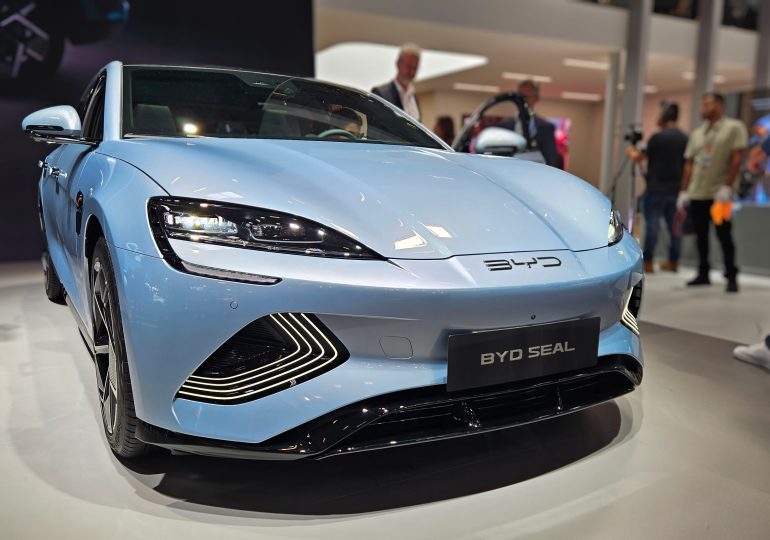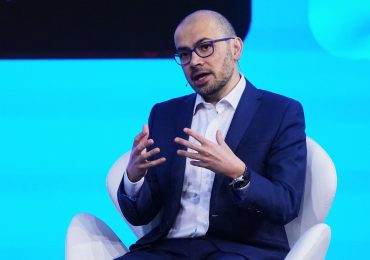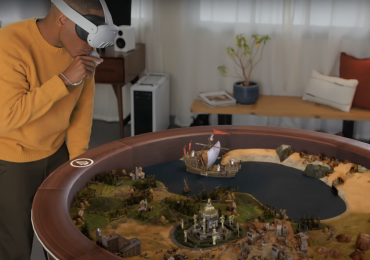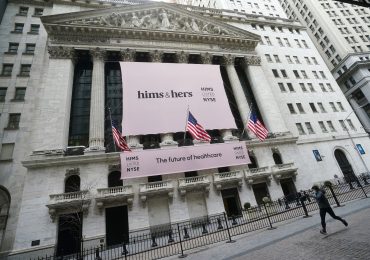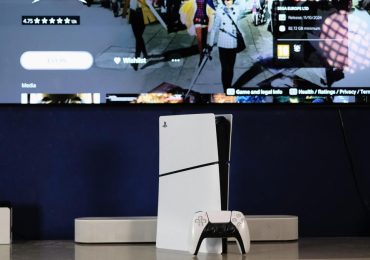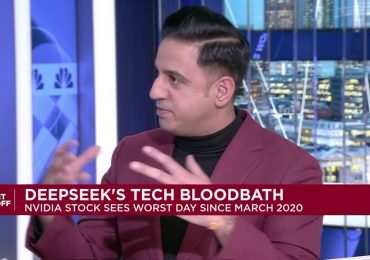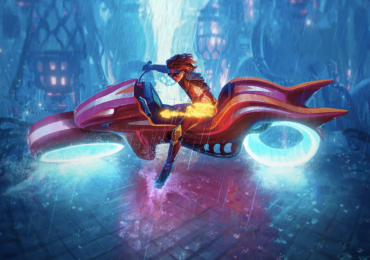A Tesla car is driven past a store of the electric vehicle (EV) maker in Beijing, China January 4, 2024.
Florence Lo | Reuters
It was a brutal first quarter for Tesla investors.
Shares of the electric vehicle maker plunged 29% in the first three months of the year, the worst quarter for the stock since the end of 2022 and the third worst since Tesla went public in 2010. It was also the biggest loser in the S&P 500.
Chief among concerns on Wall Street is Tesla’s core business. The company is poised to report first-quarter vehicle production and deliveries in coming days, and even bulls are expecting sluggish results, despite price cuts and incentives for buyers dangled throughout the quarter.
As of Thursday, the last trading day of the quarter, analysts were expecting around 457,000 deliveries for the period, according to the average of 11 analyst estimates compiled by FactSet. That would mark an increase of 8% from 422,875 a year earlier. Estimates for the quarter ranged from 414,000 to 511,000 deliveries.
Analysts who updated their numbers in March were the most bearish, with their estimates ranging from 414,000 to 469,000. Independent autos industry researcher “Troy Teslike” expects the company’s deliveries to come in below even the lowest estimate captured by FactSet.
Deliveries are the closest approximation of sales reported by Tesla but are not precisely defined in the company’s shareholder communications.
Here are four major reasons for Tesla’s first-quarter slide.
Unrelenting competition in China
In China, there’s competition from an onslaught of fully electric vehicles, including new models that cost less than Tesla’s popular Model Y SUV and Model 3 sedan.
To end 2023, China’s BYD dethroned Tesla as the world’s top EV maker. In the first quarter of this year, BYD kept up the pressure, launching its Qin Plus EV at a starting price of around $15,200, followed by its BYD Seagull, a small all-electric hatchback with a starting price below $10,000.
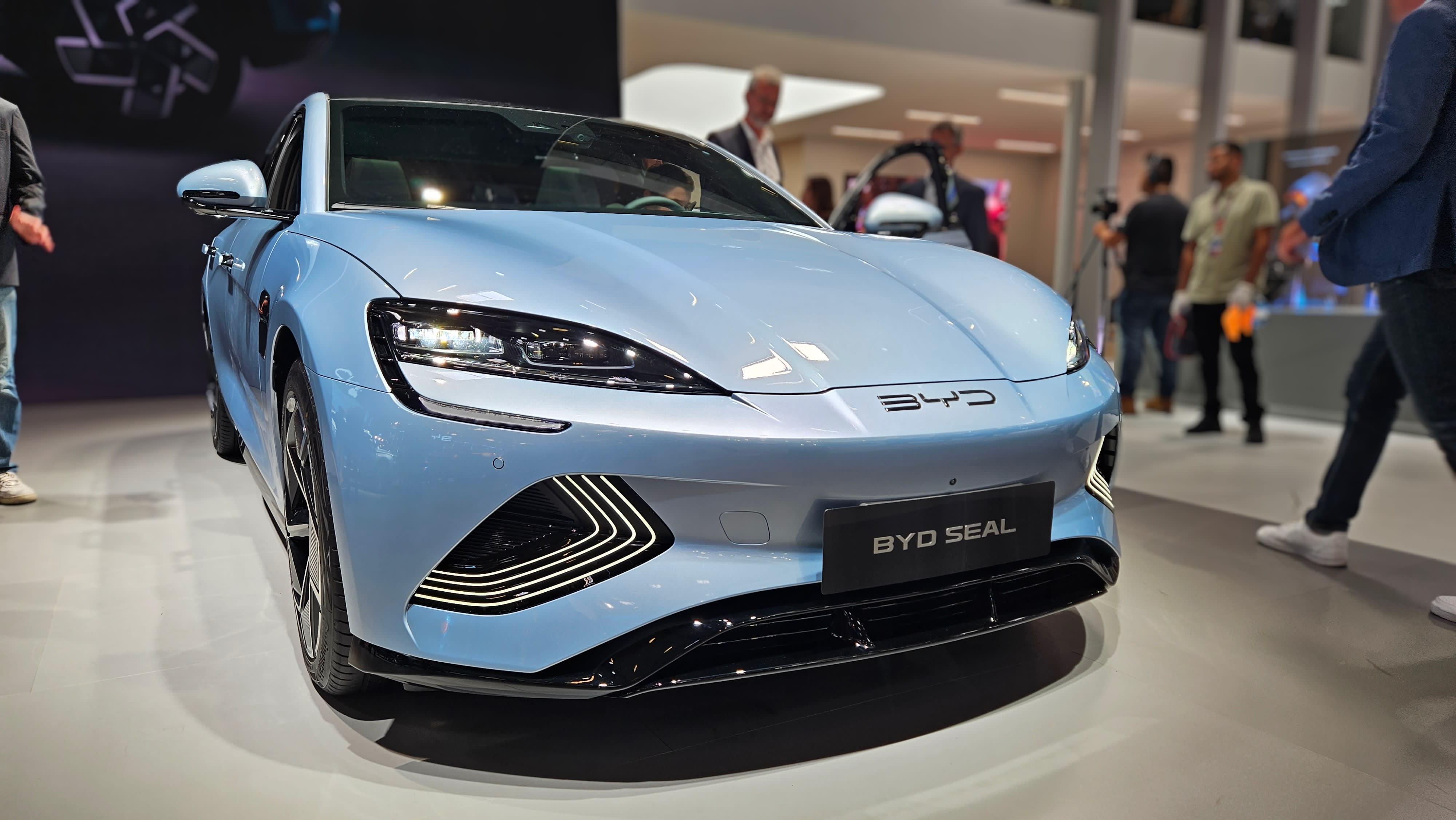
Chinese smartphone company Xiaomi is getting in the game with its first vehicle, a fully electric SUV that costs far less than Tesla’s entry-level Model 3 sedan. Xiaomi CEO Lei Jun said the standard version of the SU7 will sell for the equivalent of $30,408 in China, a price he acknowledged would mean the company is losing money on each sale. Tesla’s Model 3 is about $4,000 more than that.
Tesla slashed prices in response, but sales were still sluggish.
According to data from the China Passenger Car Association, Tesla sold 71,447 of its China-made cars in January, including 39,881 sold domestically, representing a drop from December. The numbers slid again in February to 60,365 China-made Teslas, including exports.
As sales dipped, Tesla reduced production at its Shanghai factory, shifting staffers from working six and a half days to week to five days, Bloomberg first reported.
Tesla didn’t offer guidance for 2024 in its earnings call in January, but analysts see Tesla’s China struggles as a harbinger for a rough quarter, if not full year.
Deutsche Bank analyst Emmanuel Rosner lowered his price target on Tesla this week, citing weaker-than-expected China sales and the company’s recent plan to cut production in the region. Rosner is now expecting Tesla to report deliveries of 414,000 for the first three months of 2024, and is predicting just mid-single-digit growth for the year from Tesla.
Red Sea attacks, activist clashes in Europe
There was also drama in Europe.
Tesla and other manufacturers like Volvo suspended some production on the continent in January due to a shortage of components following attacks on shippers in the Red Sea. Iran-backed Houthi militia attacks have continued to disrupt one of the world’s busiest routes.
Elon Musk, CEO of Tesla Inc., arrives at the Tesla plant in Gruenheide, Germany, on March 13, 2024.
Krisztian Bocsi | Bloomberg | Getty Images
Then in March came a dramatic protest by environmentalists in Germany. Objecting to Tesla’s plans to expand the footprint of its car and battery factory in Brandenburg, outside of Berlin, the protesters set fire to electrical infrastructure near the Tesla plant. While the fire didn’t spread to the factory, it left the facility without sufficient power for operations, forcing a temporary suspension in production.
CEO Elon Musk visited the German factory after the attack to reassure employees. He also called the protest “extremely dumb.” Tesla’s head of policy, Rohan Patel, wrote on X that Tesla’s mission is to “create zero emissions products” but to do that well, “we also focus on creating the most sustainable factories along with a culture to do the right thing in our community.”
Meanwhile, in Nordic countries, Tesla service technicians and other workers have been on strike in support of the Swedish labor union IF Metall. The labor group has been pressuring Tesla, since October 2023 to negotiate and sign a collective bargaining agreement with its workers.
IF Metall’s website says that nine out of 10 workers are union members in Sweden, yet Tesla has resisted unions, as it consistently does in the U.S., and rebuffed IF Metall’s efforts to negotiate.
Aging lineup, early days for Cybertruck
While EV sales are still gaining popularity worldwide, the growth rate has slowed. And with Tesla no longer the dominant player, every new product becomes more crucial. There’s not a lot in the hopper.
The Cybertruck is still in its very early days and has a niche audience. The company began delivering the angular, unpainted steel model of the truck in December at a promotional event in Austin, Texas.
Musk previously stated on an earnings call that Tesla “dug its own grave,” with the sci-fi inspired Cybertruck. In an interview with Tesla fan and auto critic Sandy Munro in late 2023, Musk cautioned that the “Cybertruck is not something that will be material to Tesla’s financials” in 2024, and “will probably be material in 2025.”
A Tesla Cybertruck at a Tesla store in San Jose, California, on Nov. 28, 2023.
Bloomberg | Bloomberg | Getty Images
Tesla has been gearing up production of its refreshed Model 3, known as the Highland, in Fremont, California. Forbes’ Larry Magid wrote, “Visually, the changes on the outside are subtle.” He also disliked Tesla’s controversial design decision to omit “stalks” from sides of the steering wheel. Highland drivers use buttons and on-screen controls to shift between drive, reverse and park or to signal a turn or lane change.
Tesla does have a totally new platform in the works, a more affordable EV that fans refer to as the “Model 2.” But it won’t be delivered to customers for years.
Musk control and controversy
Musk has continued to bet that Tesla customers and shareholders will stick with the company regardless of his increasingly incendiary rhetoric on X and beyond.
Earlier this month, Musk met with former President Donald Trump in Florida. He’s called for a “red wave” in upcoming U.S. elections, and he’s shared, liked or otherwise promoted far-right accounts and content on X, where he now has 178.8 million listed followers. He has repeatedly disparaged undocumented immigrants, ranted against corporate diversity initiatives and made absurd claims that migrants from Haiti are cannibals.
Musk’s political ideology stands at odds with groups of people most likely to buy his products. Proponents of electric vehicles tend to be left-leaning ideologically, according to research from Pew Research and Gallup last year.
Musk has also wagered that Tesla shareholders and its board of directors will follow his lead. In February, Musk said he would move for a shareholder vote to transfer Tesla’s site of incorporation to Texas from Delaware, after a judge in Delaware voided the $56 billion pay package that he was granted in 2019 on grounds that the board failed to prove “the compensation plan was fair.”
Before the ruling, Musk had begun pressuring shareholders and the Tesla board to give him more control of the EV maker.
“I am uncomfortable growing Tesla to be a leader in AI & robotics without having ~25% voting control,” Musk wrote in a post in January.
Investor Ross Gerber, a longtime Tesla bull, called the demand tantamount to “blackmail” in an interview with CNBC.
Bears cleaning up
It all adds up to over $230 billion in lost market cap for Tesla and its shareholders since the calendar turned to 2024. That made for a very lucrative quarter for short sellers, who’ve been expecting such a downturn.
According to data from S3 Partners, Tesla shorts are up more than $5.77 billion in 2024, making it the most profitable name in the U.S. Short interest at the end of trading on Thursday was about 3.76% of float, representing $18.71 billion in notional value.
Altimeter Capital’s Brad Gerstner is buying the dip. Gerstner told CNBC this week that the company is now making “massive progress at an accelerating rate” on its self-driving technology efforts.
Musk has been making such pronouncements for years. In 2015, he told shareholders that by 2018 Tesla’s cars would achieve “full autonomy,” and be able to drive themselves. In 2016, he said Tesla would able to send one of its cars on a cross-country drive without requiring any human intervention by the end of the following year.
Tesla still has yet to deliver a robotaxi, autonomous vehicle or technology that can make its cars into “level 3” automated vehicles. However, Tesla offers advanced driver assistance systems (ADAS), including a standard Autopilot option, or premium Full Self-Driving “FSD” option, the latter of which costs $199 a month for subscribers in the U.S. or $12,000 up front.
In a push for end-of-quarter sales, Musk recently mandated that all sales and service staff install and demo FSD for customers before they hand over their cars. He wrote in an e-mail to employees, “Almost no one actually realizes how well (supervised) FSD actually works. I know this will slow down the delivery process, but it is nonetheless a hard requirement.”
Despite its name, Tesla’s premium option requires a human driver at the wheel, ready to steer or brake at any moment.
WATCH: Tesla is going through a ‘code red situation’
